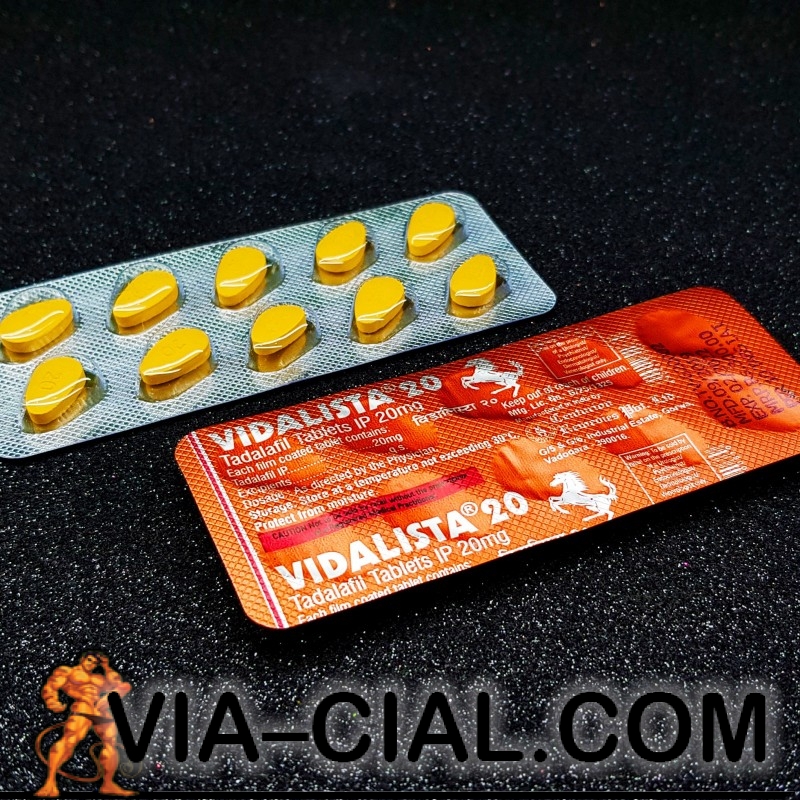meghanbertles
About meghanbertles
Modafinil Review: A Complete Case Research on Its Efficacy And Usage
Introduction
Modafinil, a wakefulness-selling agent, has gained important consideration since its approval by the U.S. Meals and Drug Administration (FDA) in 1998 for treating narcolepsy, a disorder characterized by extreme daytime sleepiness. Through the years, its use has expanded beyond narcolepsy to incorporate situations like shift work sleep disorder and obstructive sleep apnea. For those who have virtually any concerns regarding where in addition to tips on how to utilize buy modafinil online website (buymodaonline.net), you’ll be able to e mail us at our web site. Furthermore, modafinil has garnered curiosity in the realm of cognitive enhancement, resulting in its off-label use amongst wholesome individuals seeking improved focus, memory, and overall cognitive efficiency. This case examine delves into the efficacy, security, and ethical considerations surrounding modafinil use, drawing on existing literature and person experiences.
Mechanism of Action
Modafinil’s precise mechanism of action isn’t fully understood, but it’s believed to contain the modulation of neurotransmitters within the brain, significantly dopamine and norepinephrine. Unlike traditional stimulants corresponding to amphetamines, modafinil has a lower potential for abuse and addiction, making it a extra interesting possibility for people in search of cognitive enhancement without the related dangers. Studies suggest that modafinil increases wakefulness and cognitive operate by enhancing the discharge of histamine and orexin, neurotransmitters that play crucial roles in regulating sleep-wake cycles and alertness.

Efficacy in Clinical Populations
Analysis has persistently shown that modafinil is effective in improving wakefulness and lowering excessive daytime sleepiness in patients with narcolepsy and other sleep disorders. A randomized controlled trial published within the journal ”Sleep” demonstrated that patients with narcolepsy who obtained modafinil experienced important enhancements in wakefulness and general quality of life in comparison with these receiving a placebo. Similarly, a research specializing in shift work sleep disorder found that modafinil successfully lowered sleepiness and improved efficiency during night time shifts.
Cognitive Enhancement in Healthy Individuals
The usage of modafinil as a cognitive enhancer among healthy people has sparked considerable debate. A evaluation published in ”Psychological Medicine” evaluated numerous studies on modafinil’s results on cognitive efficiency in non-sleep-deprived individuals. The findings indicated that modafinil improved consideration, govt operate, and dealing reminiscence, particularly in duties requiring sustained focus. However, the evaluate additionally famous variability in responses, with some people experiencing minimal advantages.
Consumer Experiences and Anecdotal Proof
Whereas clinical studies present priceless insights, user experiences usually form perceptions of modafinil’s efficacy. Many individuals report enhanced focus, motivation, and productiveness after using modafinil, notably in excessive-stress environments comparable to academia and company settings. Anecdotal evidence means that modafinil will help customers sort out demanding tasks, meet deadlines, and maintain alertness during lengthy hours of work or research.
However, experiences fluctuate widely, with some users reporting unwanted side effects corresponding to complications, insomnia, anxiety, and gastrointestinal points. These hostile effects can deter individuals from continued use, leading to a nuanced understanding of modafinil’s affect on cognitive enhancement.
Security and Unintended effects
Modafinil is generally properly-tolerated, with a good safety profile in comparison with conventional stimulants. Common unintended effects embrace headaches, nausea, dizziness, and insomnia. Serious unwanted effects, such as skin rashes or allergic reactions, are uncommon but can occur. Lengthy-term safety information is restricted, particularly concerning off-label use in healthy people. As with all medicine, it is important for users to seek the advice of healthcare professionals before starting modafinil, particularly if they’ve underlying health conditions or are taking different medications.
Ethical Issues
The usage of modafinil for cognitive enhancement raises moral questions regarding fairness, pressure to carry out, and the potential for coercion in aggressive environments. Critics argue that reliance on pharmacological agents to spice up cognitive efficiency could undermine the worth of arduous work and pure abilities. Moreover, concerns about accessibility and fairness arise, as not all individuals could have equal entry to modafinil or the assets to manage its use responsibly.
Proponents of cognitive enhancement argue that if a protected and efficient choice like modafinil exists, people ought to have the autonomy to make use of it to reinforce their efficiency. This debate continues to evolve as societal attitudes towards cognitive enhancement shift and as extra analysis emerges relating to the long-term effects of such practices.

Conclusion
Modafinil presents a compelling case as a wakefulness-promoting agent with potential cognitive-enhancing properties. Whereas its efficacy in clinical populations is effectively-documented, using modafinil amongst healthy individuals remains a subject of ongoing analysis and debate. User experiences spotlight each the benefits and drawbacks of modafinil, emphasizing the necessity for a balanced perspective on its use.
As society grapples with the implications of cognitive enhancement, it is essential to think about the ethical, safety, and accessibility issues associated with modafinil. Whereas it holds promise for enhancing focus and productiveness, individuals should method its use with caution and awareness of the potential dangers and moral dilemmas involved. Continued research and open dialogue will likely be essential in navigating the complicated landscape of cognitive enhancement sooner or later.
No listing found.